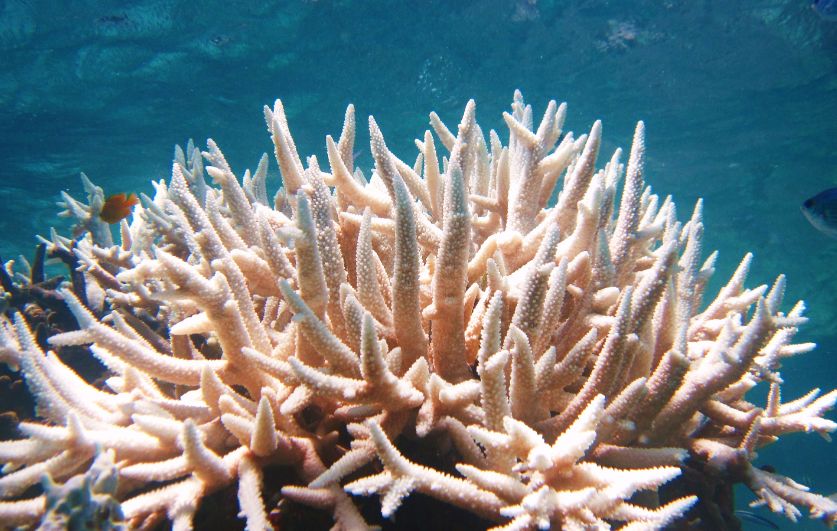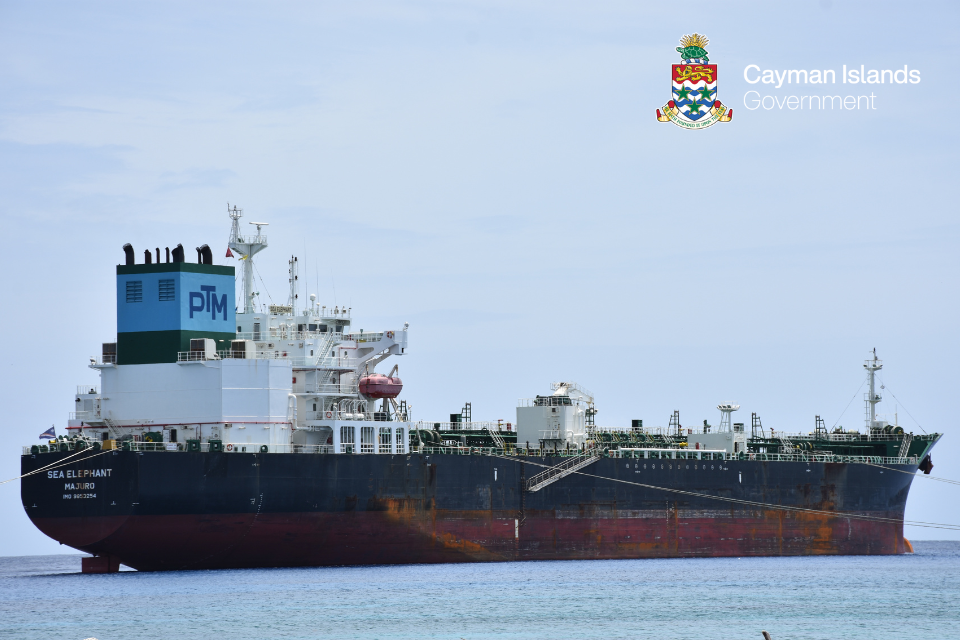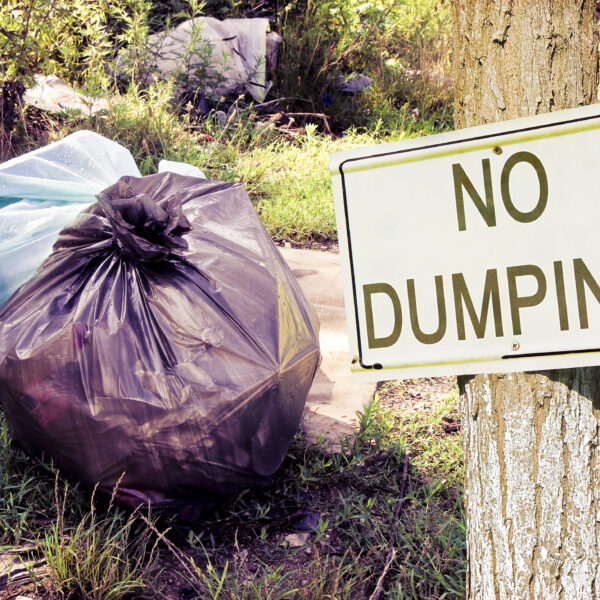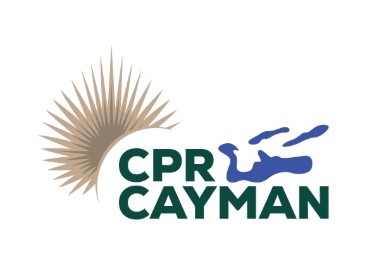
(stock photo)
|
Getting your Trinity Audio player ready...
|
By: Alric Lindsay
Sources initially indicated on Sunday that a fuel tanker briefly ran aground in Cayman Brac. The government subsequently confirmed this accident in a press release.
Based on the press release, the “Sea Elephant,” which was loaded with diesel, damaged its hull when it hit a reef on Saturday, July 6. The sea floor was also damaged.

Photo of Sea Elephant (Source: Cayman Islands Government)
While it is understood that Cayman authorities are investigating the incident, it is unclear whether any legal action can or will be taken against the fuel tanker or its captain.
Accountability and legal action are important for several reasons:
- The Cayman Constitution affirms respect for, protection, and defence of the environment and natural resources.
- A national capital accounting exercise was completed for overseas territories (including Cayman), emphasizing the importance of the environment and suggesting that it be valued.
- Government authorities are expected to take such value into account when making informed decisions
Concerning the Cayman Constitution, this states:
Protection of the environment
18. (1) Government shall, in all its decisions, have due regard to the need to foster and protect an environment that is not harmful to the health or well-being of present and future generations, while promoting justifiable economic and social development.
(2) To this end government should adopt reasonable legislative and other measures to protect the heritage and wildlife and the land and sea biodiversity of the Cayman Islands that –
(a) limit pollution and ecological degradation;
(b) promote conservation and biodiversity; and
(c) secure ecologically sustainable development and use of natural resources.”
To place a dollar figure on the environment, a national accounting exercise was undertaken a few years ago by several overseas territories, including the Cayman Islands. One of the outcomes of this exercise was a report entitled “Caribbean Overseas Territories Natural Capital Accounting Programme.”
The project reportedly started on June 1, 2020, and ended on March 31, 2022, was authored by Jake Kuyer, Ian Dickie, Siegi Arndt, Natalya Kharadi, Sophie Neupauer.
According to the report, the aim was “to establish a system of ecosystem accounting to capture the benefits that the natural environment provides within official statistics of five UK Caribbean OTs.”
The report added: “This should complement and enhance other national statistics, providing robust evidence for environmental and economic policy and management.”
Reportedly, the “project was applied at a ‘national’ scale within each individual UKOT (Anguilla, the British Virgin Islands, Cayman Islands, Montserrat, and Turks and Caicos Islands), and in aggregate across the 5 UKOTs, building a regional body of work.”
As to how the report ought to aid policymakers, the report explained:
The accounting outputs present environmental data to decision makers in the same terms used to consider other socio-economic factors.
By strengthening evidence of the value that the environment provides to people, it can be better represented within decision making.
Ultimately this aims to support decision making for more sustainable and resilient economies.
The report continued:
The project achieved its outcome of the “Caribbean UKOTs being are able to value the benefits they receive from the environment through natural capital accounting, and this supplies evidence for better informed decision making”.
The relevant OT departments have accepted their 2019 and 2020 ecosystem account reports (pers comm, Conference Delegates), and started the process of formal publication (e.g. for Montserrat, S Tuitt, pers comm).
Evidence of use of the national and consolidated accounts to inform decision makers is reflected in the activities in each OT, such as engagement with other parts of respective Governments during OT activities.
Given Cayman’s participation in this exercise, which reportedly included the Joint Nature Conservation Committee (JNCC) as a partner organization, it is expected that Cayman authorities should be able to seamlessly estimate the dollar value of the reef damage in the vicinity of Cayman Brac.
Notwithstanding any dollar assessment, it is important to note that reef damage goes far beyond numbers.
This is highlighted by the Department of Environment (DoE), which explained the following on its website:
Ship Groundings
When a ship or boat runs aground, it can cause harm to coral reefs, seagrass meadows, mangroves and other essential habitats.
These environments are critical to the economy and culture of the Cayman Islands.
Ships that ground on coral reefs may cause immediate and long-term harm and can destroy hundreds of years’ worth of coral growth.
Fuel, oil, and other chemicals may leak from the vessel, and paint may be scraped from the hulls, causing injury to corals and other habitats.
If the vessel is not removed immediately after grounding occurs, fuel or chemical leaks, as well as additional vessel movement due to wave action, may continue to harm marine species and the environment.
With this in mind, it is important that the industries that use hazardous chemicals do everything in their power to avoid leaks and spills when transporting dangerous goods at sea.
Additionally, if a vessel is salvaged, further damage may be inflicted on the habitat during the removal from loose debris, anchors, or cables.
After grounding incidents occur, coral reefs can be repaired to a certain extent.
By mixing cement and gluing the corals and structure back onto the substrate, we can help to restore their environment and give them a head start to recovery.
DoE’s explanation highlights that reef damage caused by ships running aground can have long-term impacts. In fact, in some cases, the harm caused could be irreparable.
Bearing these observations in mind, it will be interesting to learn the detailed findings of the Cayman authorities regarding this weekend’s reef damage incident. Most importantly, it will be critical to make the relevant party accountable if there is a legal means to do so.







